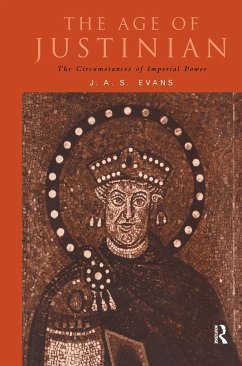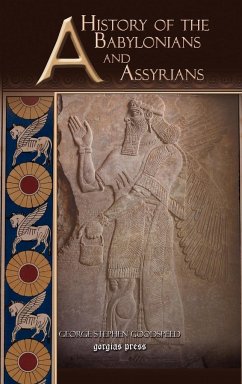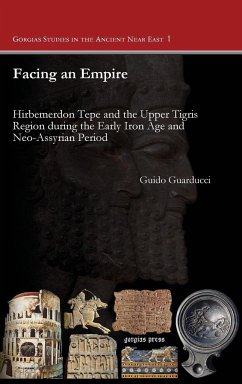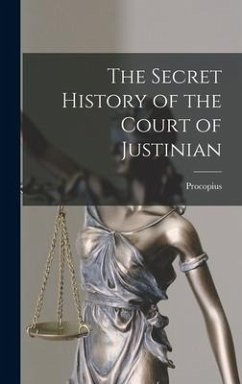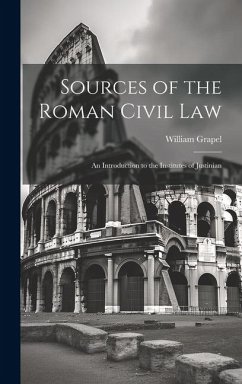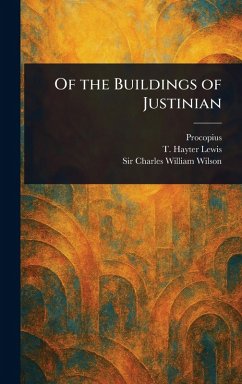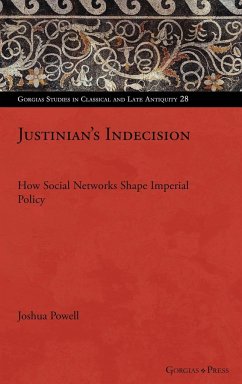
Justinian's Indecision
Versandkostenfrei!
Versandfertig in 1-2 Wochen
122,99 €
inkl. MwSt.

PAYBACK Punkte
61 °P sammeln!
Since the time of Eduard Schwartz, scholars have tended to treat ecclesiastical policy under the influence of Justinian as inconsistent and even capricious. To this day Justinian is depicted as a pragmatist, ready to support different and even contradictory confessions in an effort to see the unity of his Empire. Given his fast changing position on the Theopaschite confession, the alternating patronage and persecution of the supporters of Severus, his simultaneous support of Chalcedon and rejection of those restored by the council, along with his sometimes flattering and sometimes harsh treatm...
Since the time of Eduard Schwartz, scholars have tended to treat ecclesiastical policy under the influence of Justinian as inconsistent and even capricious. To this day Justinian is depicted as a pragmatist, ready to support different and even contradictory confessions in an effort to see the unity of his Empire. Given his fast changing position on the Theopaschite confession, the alternating patronage and persecution of the supporters of Severus, his simultaneous support of Chalcedon and rejection of those restored by the council, along with his sometimes flattering and sometimes harsh treatment of the bishops of Rome, it is little wonder that the emperor might seem fickle. This book argues that such an image of Justinian, although seeming to provide a coherent narrative concerning the emperor's character, falls apart when the details of each of these episodes are scrutinized. Of particular importance is considering what Justinian was able to know, when he was able to know it, and how he had to account for the interests of other actors in order to advance his consistent goal of achieving lasting unity between East and West under a banner of a Cyrillian Chalcedonianism.



